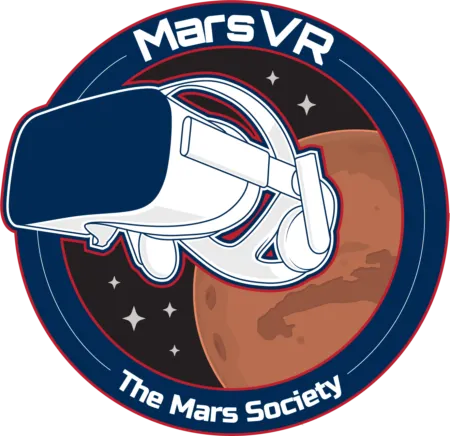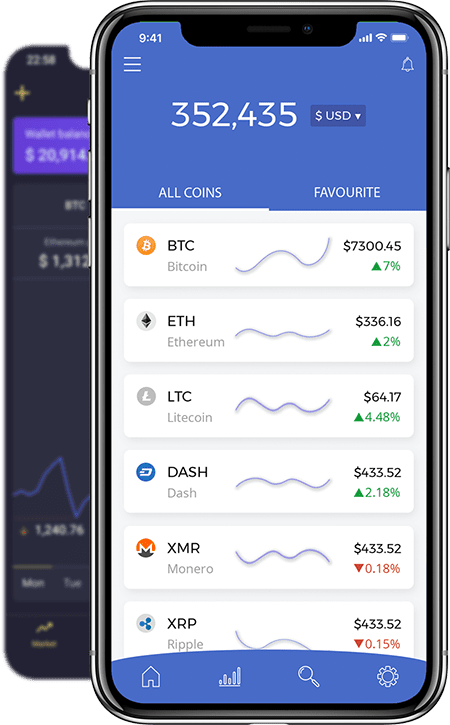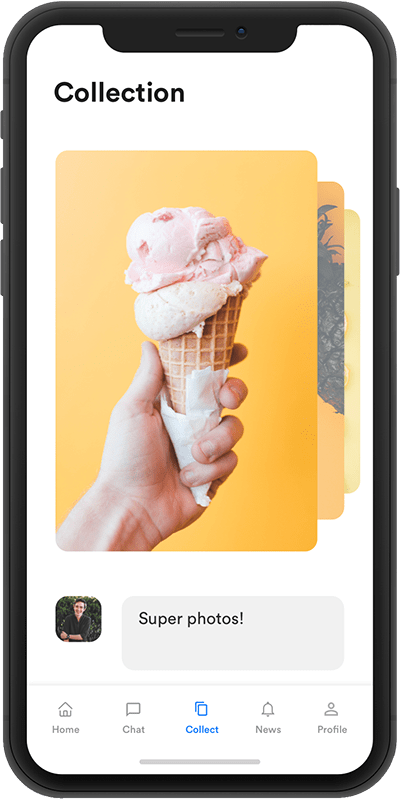STATIC ENVIRONMENT MDRS 360
Visit our browser-based MDRS 360 environment which was created using 360 cameras and allows you to explore the campus using any device.
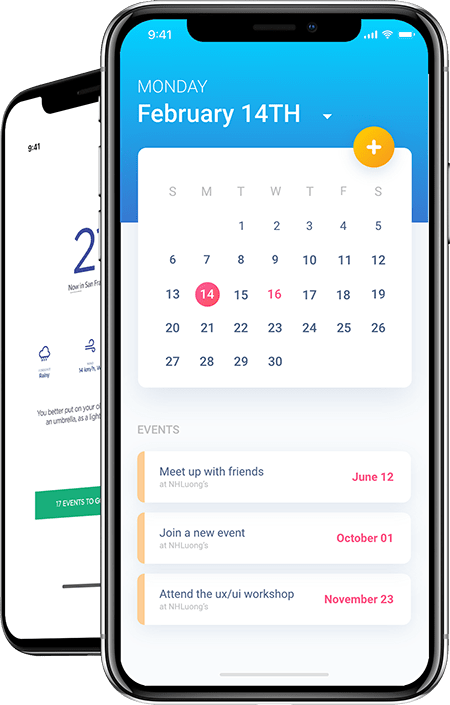
STATIC ENVIRONMENT MDRS 360
Visit our browser-based MDRS 360 environment which was created using 360 cameras and allows you to explore the campus using any device.
NOW AVAILABLE ON STEAM
Mars Desert Research Station VR (MDRS VR)
Our initial VR environment of The Mars Society’s analog station in southern Utah, a full-fidelity digital twin of the campus facilities, complete with training objects and activities.
Play Video
Play Video
Mars Society Virtual Convention
MarsVR Progress Report
Hear from James Burk of The Mars Society and Jeff Rayner of MXTReality about their latest progress to build virtual reality environments to support the human exploration of Mars.
Video Playlist
MarsVR Campaign Videos
Watch the videos we produced as part of our 2021 crowdfunding campaign on Indiegogo.
Play Video
The MarsVR Program
A Multi-Phase Approach to Developing Virtual Reality
The Mars Society is building a new open-source Virtual Reality platform — we call it “MarsVR” — that can be used for serious research towards the goal of sending humans to Mars. The MarsVR Program will be a multi-phase effort designed to pioneer the emerging field of CrowdExploration, which we define as the partnership between the first astronauts on Mars and the VR experts and enthusiasts back on Earth. We aim to establish the capability of using Virtual Reality to assist with the initial human exploration of landing sites. Phase I of the Mars VR Program will focus on designing training simulations for use at the Mars Desert Research Station, providing direct assistance in the training of MDRS crew members. We will also open-source the key elements of the platform so that the general public can freely make use of it to experience the exploration of Mars.
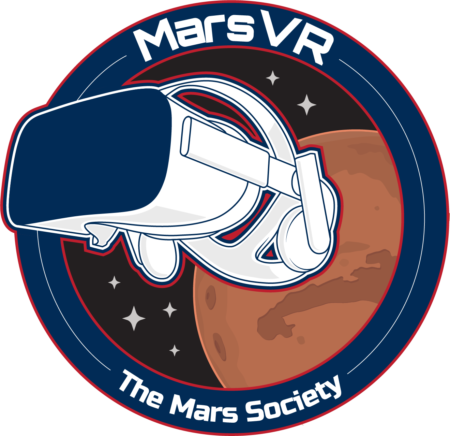
Program Phases
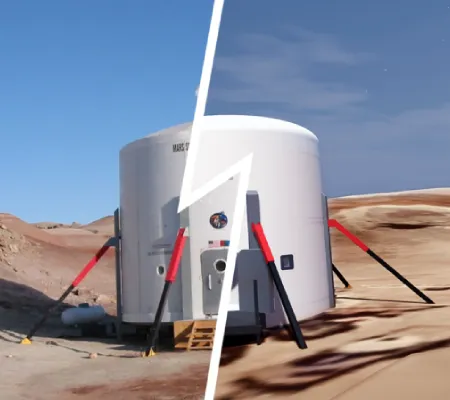
Phase 1: MDRS Prototype & Demos
Phase 1 of MarsVR was focused on creating a prototype training environment centered on the Mars Desert Research Station. We scanned the base and a square mile of terrain using a drone and the latest photogrammetry techniques. We stitched these visual and virtual reality data assets together into a Unity project that was successfully demoed at the Mars Society conference and several other events. The Phase 1 build is available for Mars Society chapters upon request but it is not yet publicly available. Our team of volunteers will be significantly augmenting this environment in Phase 3 along with significantly improved & updated terrain and facilities models.
Phase 2: Improved Models & Unity Project Upgrades
Phase 2 was focused on upgrading our Unity project and VR libraries to be more flexible and able to handle multiple environments and 3-D Base/Colony designs in addition to the MDRS facilities. We began work on a future Mars terrain using the region of Melas Chasma on the floor of Valles Marineris, which is an ideal human settlement location. We also worked to improve our photogrammetry building interiors and drone-captured terrain assets in preparation for future phases. We also released our first open source model on Sketchfab. Phase 2 is now concluded.
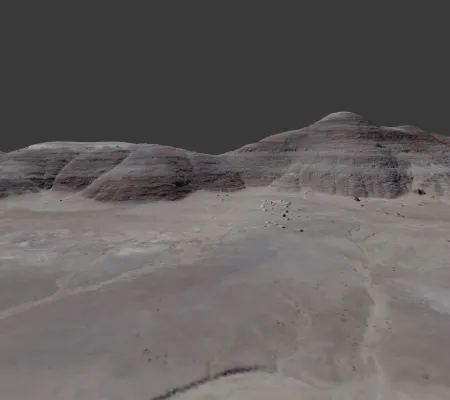
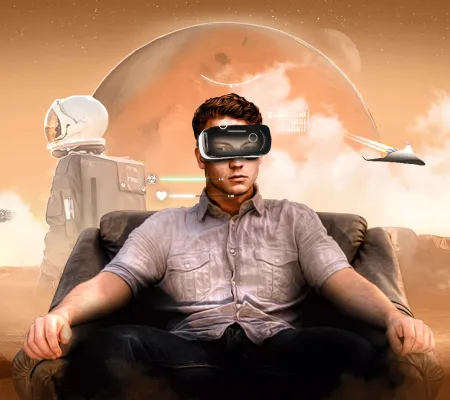
Phase 3: First Public Release & New Partnerships
Phase 3 has begun in February 2021 with our new crowdfunding campaign on Indiegogo, with additional sponsorship opportunities to support 2021 development. We plan to issue our first public release, additional open sourcing of models and other assets, as well as creating additional training scenarios. We are also adding new partnerships with VR/AR companies and communities.
Phase 4: Training, Multiplayer, Schools & Museums
Phase 4 will roll out our full set of peer-reviewed crew training procedures, our multi-user environment, K-12 curriculum, and begin our outreach to schools and museums. Additional releases in Phase 4 will increase the amount of training procedures available in the application, add a new analytics layer to collect data for researchers, and more overall content in the application.
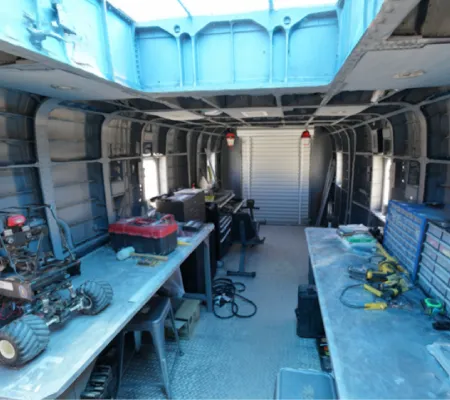

Phase 1: MDRS Prototype & Demos
Phase 1 of MarsVR was focused on creating a prototype training environment centered on the Mars Desert Research Station. We scanned the base and a square mile of terrain using a drone and the latest photogrammetry techniques. We stitched these visual and virtual reality data assets together into a Unity project that was successfully demoed at the Mars Society conference and several other events. The Phase 1 build is available for Mars Society chapters upon request but it is not yet publicly available. Our team of volunteers will be significantly augmenting this environment in Phase 3 along with significantly improved & updated terrain and facilities models.
How XooApp Works
Aliquam a augue suscipit, luctus neque purus ipsum neque dolor primis libero tempus, tempor posuere ligula varius
Modern, Powerful and Creative
Gravida donec integer ipsum porta justo at velna vitae auctor integer magna at risus auctor purus rutrum primis ultrice ligula luctus impedit magna dolor vitae risus auctor purus pretium
Donec enim ipsum porta justo integer at velna vitae auctor integer congue magna at risus auctor purus unt pretium ligula rutrum sapien ultrice eros dolor luctus odio placerat massa magna cursus
Discover MoreAwesome Screenshots
Aliquam a augue suscipit, luctus neque purus ipsum neque dolor primis
libero tempus, tempor posuere ligula varius
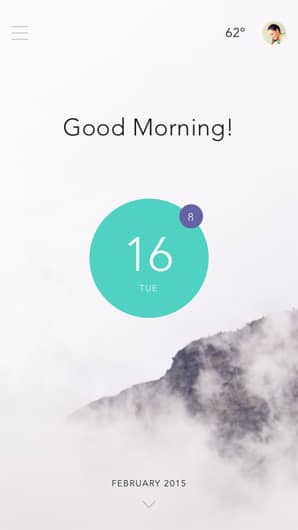
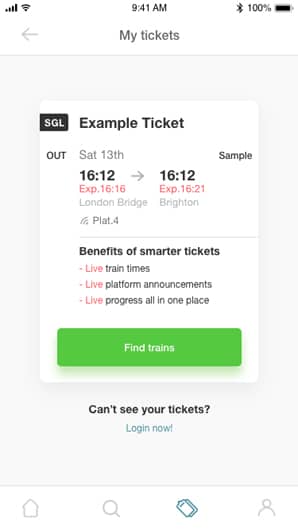
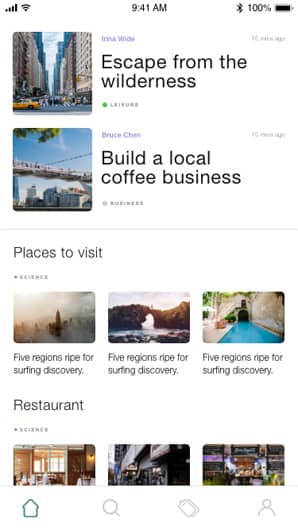
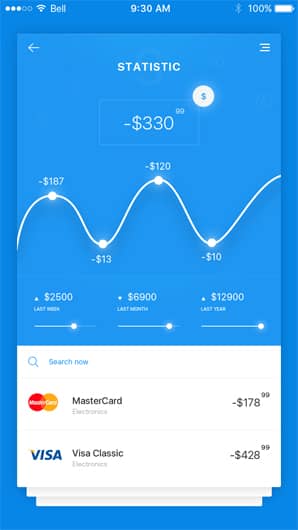
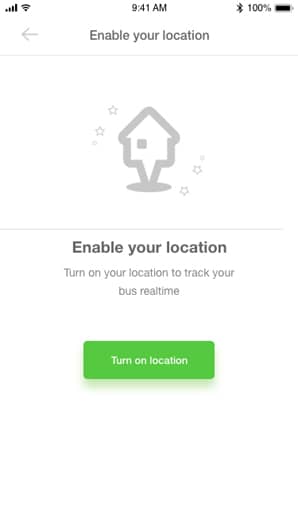
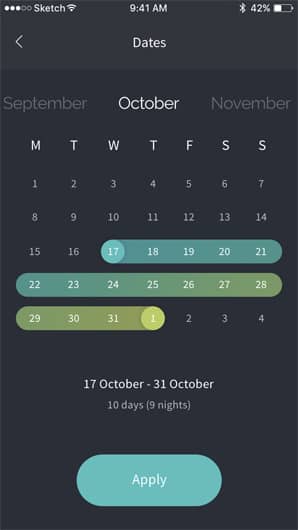
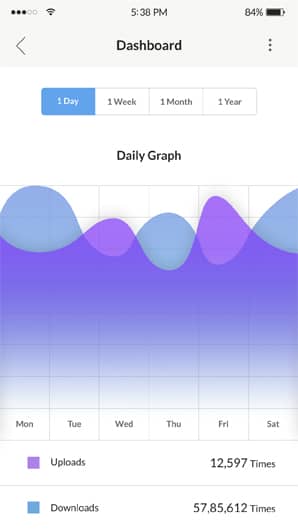
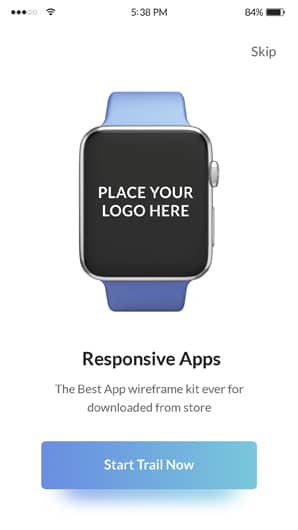

Experienced and Skilled
An orci nullam tempor sapien, eget gravida integer donec ipsum porta justo at odio integer congue magna undo auctor gravida velna magna orci lacus odio ac risus auctor faucibus orci ligula massa luctus et ultrices posuere cubilia
Available on iPhone, iPad and all Android devices from 5.5
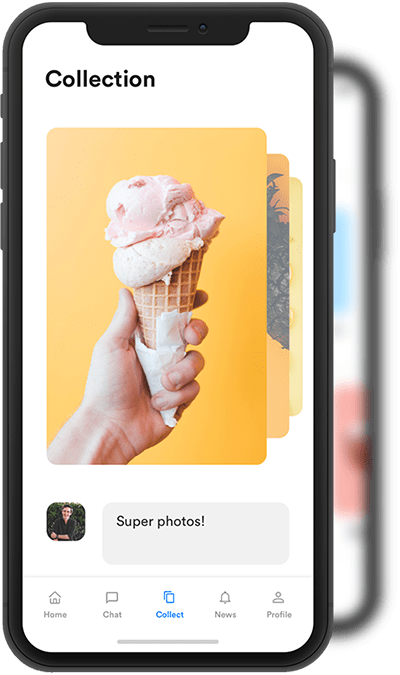
Go Premium. Be Happy
Aliquam a augue suscipit, luctus neque purus ipsum neque dolor
primis libero tempus, tempor posuere ligula varius
XooApp Free
Free
- 20 Users Tasks
- 5 GB of Storage
- Theme Customization
- Free Email Support
- Security Suite
XooApp Pro
20$ / monthly
- 20 Users Tasks
- 5 GB of Storage
- Theme Customization
- Free Email Support
- Security Suite
Customers Feedback
Aliquam a augue suscipit, luctus neque purus ipsum neque dolor primis
libero tempus, tempor posuere ligula varius
Super Support
Enim ad minim veniam, quis nostrud exercitation ullamco laboris nisi ut aliquip ex ea commodo conse quat. Duis aute irure dolor in reprehenderit in voluptate.

Jonathan Morgan
MarkettingWhat a theme!
Enim ad minim veniam, quis nostrud exercitation ullamco laboris nisi ut aliquip ex ea commodo conse quat. Duis aute irure dolor in reprehenderit in voluptate.

Harsul Hisham
EngineerOutstanding Support
Enim ad minim veniam, quis nostrud exercitation ullamco laboris nisi ut aliquip ex ea commodo conse quat. Duis aute irure dolor in reprehenderit in voluptate.

Teem Southy
DeveloperHappy!!
Enim ad minim veniam, quis nostrud exercitation ullamco laboris nisi ut aliquip ex ea commodo conse quat. Duis aute irure dolor in reprehenderit in voluptate.

Harsul Hisham
EngineerNice Person
Enim ad minim veniam, quis nostrud exercitation ullamco laboris nisi ut aliquip ex ea commodo conse quat. Duis aute irure dolor in reprehenderit in voluptate.

Jake Margin
Marketing1154
Happy Client
409
Tickets Closed
869
Followers
901
Cups of Coffee
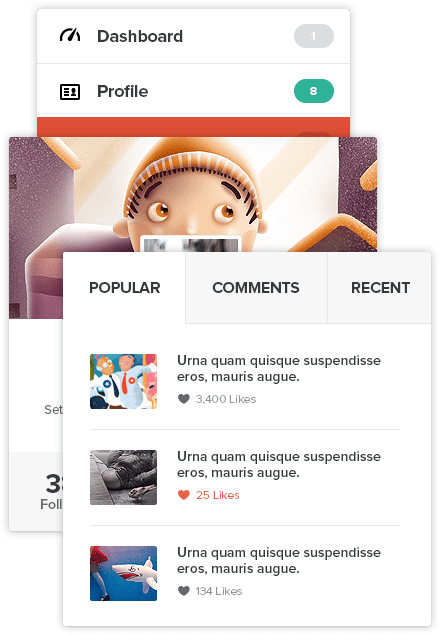
Press About XooApp
Aliquam a augue suscipit, luctus neque purus ipsum neque dolor
primis libero tempus, tempor posuere ligula varius


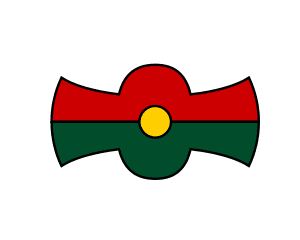
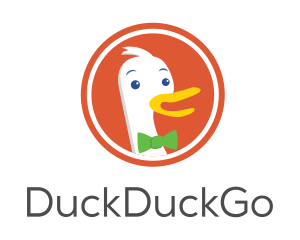
Semper lacus cursus porta, feugiat primis in luctus ultrice tellus potenti neque dolor primis in posuere magna nec augue ipsum primis risus auctor purus pretium ligula rutrum
Our Clients

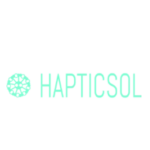

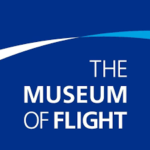
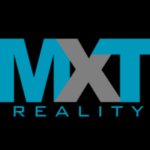
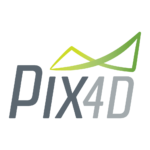


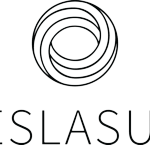
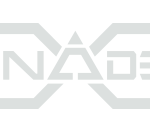
MarsVR in the News
Provide us feedback to help guide the team with development:
Subscribe to Newsletter
